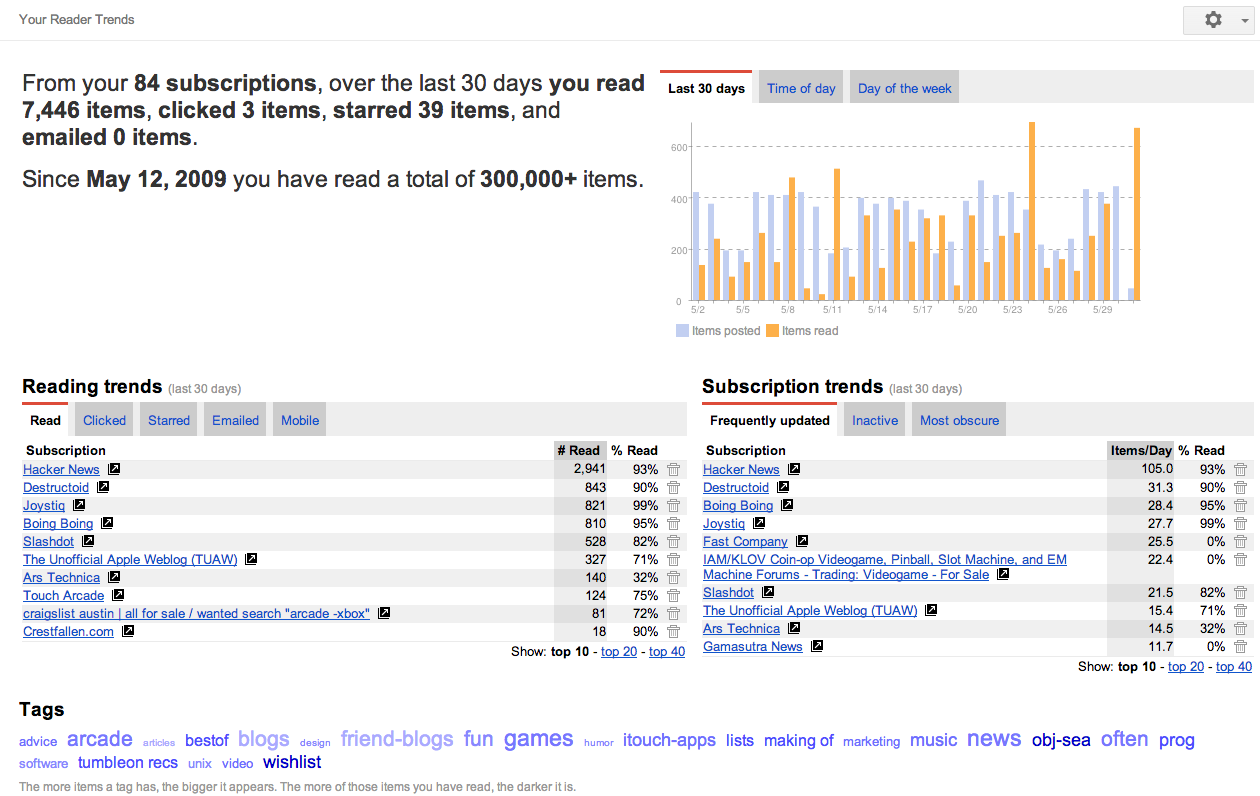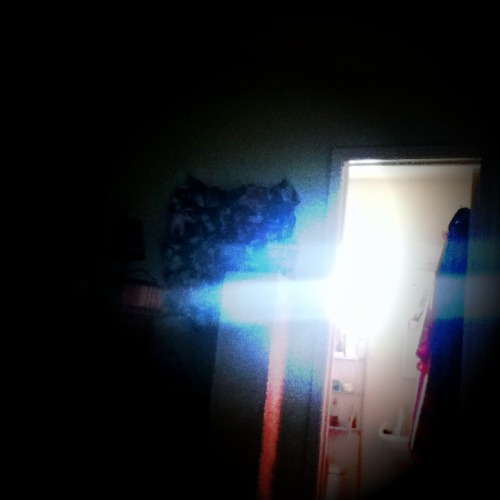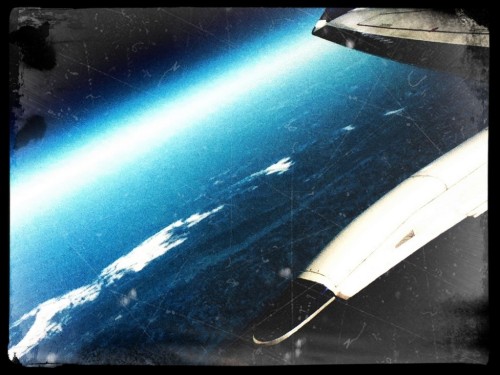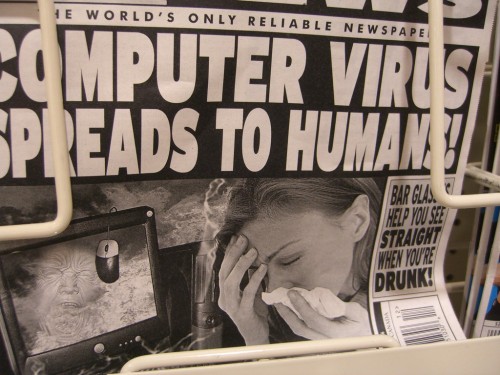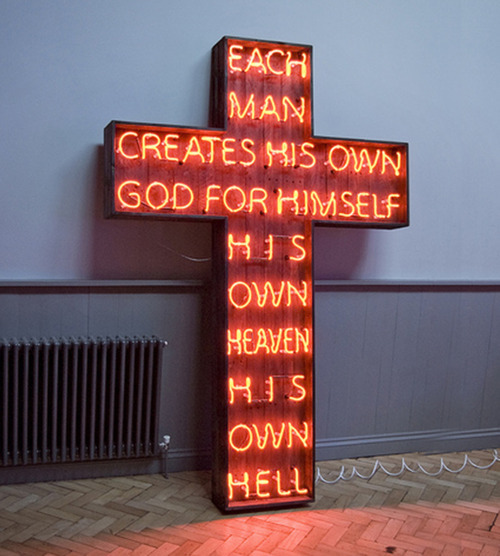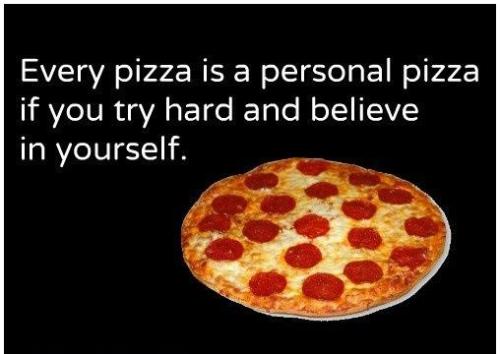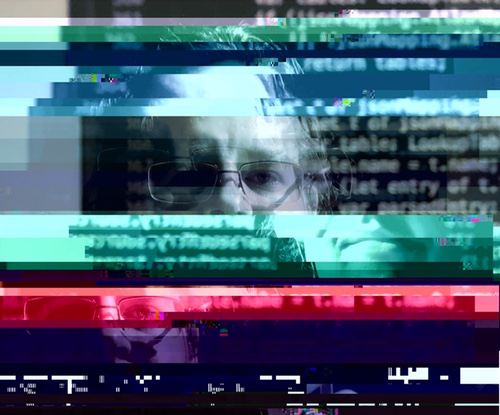I apologize up front for my rambling style. I promise these first few jaunts/missives connect up at the end.
A few years ago, I saw a profoundly disheartening and disturbing movie, Taken. The movie portrays a james-bond-alike saving a young abducted person from being sold to a highest bidder. In the end, the girl was predictably saved, and all evil-doers were vanquished (or at least held at bay until the inevitable sequel) – and all was right with the world.
The disheartening part of the film was not the ending, but, instead, the realization that the world the movie portrayed was very real, and the ending in many cases, is not at all what the movie would have you believe.
You hear urban legends of these types of things, and see a life’s worth of milkboxes plastered with missing children, and you don’t think twice. Your natural reaction to the milk boxes is to dismiss them by blaming negligent parents or assume the children are runaways, hoping they’re found and better off when they’re tired of rebellion. This is how you feel and think about milk boxes and missing persons billboards, and then you see Taken.
When I was a young man, I picked up a book entitled The Making Of The Atomic Bomb. I opened the book because I was curious how a scientist could trick himself into thinking the atomic bomb would be a good thing for the world. Within a few chapters, the book mentions that one of the major players in the manhattan project read a book in his youth. He had read H.G Wells’ The World Set Free, a book about a nuclear accident uniting the world and ushering in an era of lasting peace.
Later, another scientist, Oppenheimer had a moment of terrible revelation with the first successful nuclear bomb test, he stated “We knew the world would not be the same. A few people laughed, a few people cried, most people were silent. I remembered the line from the Hindu scripture, the Bhagavad-Gita. Vishnu is trying to persuade the Prince that he should do his duty and to impress him takes on his multi-armed form and says, “Now, I am become Death, the destroyer of worlds.” I suppose we all thought that one way or another.” For many of the scientists involved with the manhattan project, they believed they were doing a great thing – and only realized the new terrible reality they had ushered in when the thing had been done.
I spent the formative years of my software engineering career working for big companies with logos you’d instantly recognize. I was astonished how inefficient and unapologetic the first big company was – everything was a PR game, an attempt to save face and protect the ‘brand’. The second big company I joined seemed more human, but no more efficient.
Working for a major company with semi-transparent leadership for a little while really opens your eyes. You realize everything in this world starts somewhere, and with enough man years of time, and a little luck, evolves into something we depend on – no matter how silly our politics are, no matter how inept we are as a species, all we need is time. After working in big places like that, you realize how truly amazing it is that our species put a man on the moon.
There’s a great HBO miniseries about our trip to the moon. The From The Earth To The Moon miniseries differs from others in that it portrays the space race from many angles – rather than telling a simplistic story of heroic space pilots and ignoring the forgotten. One episode tells the story of the lockheed martin engineering team that buit the lunar module. Another tells the story of the pad fire – that one always sticks with me.
When we were preparing to go to the moon, three of our astronauts died during an accidental fire that occurred in the middle of a training exercise on the launchpad. This was a profoundly saddening event in our country’s history, one that could have killed our attempt to make a moon shot before we had really started – but it didn’t. Committees were formed, investigations were made, negligence and predictable finger-of-blame politics ensued between companies who built the equipment. In the end, the space race moved on, and we landed on the moon, thanks in no small part to just the right amount of PR to put the right spin on the tragedy – more or less: ‘we make mistakes, we’re human, this is important, let’s move on and ensure these three astronauts did not die in vain.’ – powerful stuff.
I read a book a few years ago, The Light of Other Days, co-authored by the author of 2001: A Space Odyssey – Arthur C. Clarke. The light of other days is especially relevant to present day society, in that it supposes a machine that eliminates all privacy and secrecy, forever. In the story, this machine gives the initial owner, a for-profit corporation, incredible power. For a while the concern is that this single corporation “owns” the technology. A potential solution is found by relinquishing that powerful position for the corporation, and giving the ownership of technology to the public. This settles fears and doubts for many. Everyone pats themselves on the backs for undoing the demon and federating it’s ownership, but society misses the whole point, the problem was not ownership of the machine – it was the implications of the machine and the terrible changes it would bring. In time, this machine’s existence rips society apart and reforms it anew as the human race adapts around the inevitable conclusion of this terrible new information age: a world without privacy.
Another book worth reading is Digital Apollo. Digital Apollo details the man vs machine side of our space race, showing the very-human concern that the men on the moon shots were no more than monkeys. As computer scientists figured out algorithmic ways to course-correct a spaceship, the purpose of the astronaut seemed to dwindle to that of cargo. In the face of technology that demands change, we fight to the best of our ability to ensure we can hold onto what we have without losing more. We fight like a corporation or NASA does when responding to some damning event with appropriate PR. We fight against our obsolescence, vigorously, wishing things to be the way the had been before – in essence, wasting our breath and time, until we accept the inevitable, and adapt.
The third book worth mentioning here is a biography of Yuri Gargarin, the first man in space, called Starman. The book is full of fascinating trivia about the secretive soviet half of the space race equation. Where the pad fire threatened to kill America’s bid for the moon altogether, the soviets dealt with similar issues much differently, they simply did not report anything other than success. When astronauts before Gargarin died during tests, nobody knew, which made for a much easier PR job – in that there was nothing to report, or refute, or smooth over, ever.
A few months back I had an enlightening conversation with a colleague. My coworker had always worked at small or young companies, startups mostly. He told me he did not understand how big companies do it. He wanted to know what big companies had that little companies didn’t, what it was like working with competent people instead of inept fakers. I laughed at my coworker’s belief that big companies had some secret sauce of professionalism that set them apart. I told him that all big companies had, in my experience, was a right-time-right-place dice roll stroke of luck, and a whole lot of people riding the coattails of that moment. Like the astronauts in Digital Apollo, the difference between a big company that survives and one that does not is their ability to fight and prevent change, and, against all odds, overcoming the ineptitude equation until their aggressively protected corner of the pie is irrelevant.
When I was a young man, I had a live journal account, and blogged regularly – all sorts of meaningless trype about my school days, or perhaps neat books I’d read (natch :)). My high school girlfriend’s uncle read my blog and said to me he was both impressed and wary of my generation’s ability to put something out in the open where anyone could read it, on the internet. At the time, as a 19 or 20 year old kid, I did not think much of it. Nor did I think much of my mother paying for family counseling and therapy out of pocket to avoid insurance records “for our future”. I did not think much of these things, because I perceived I had nothing to lose, I perceived the world as a very bright and possibly great place where honesty and truth would win some eternal struggle. Now, many years later, I know better of such beliefs. Now, I simply smile and nod my head when someone tells me they are not worried to lose privacy because they have nothing to hide…
When my parents had marital problems in the late 90s they did not want insurance documents including their children’s names associated with therapy bills, fearing an association with mental illness haunting or possibly harming their children later in life. Years later those very same insurance companies introduced pre-existing condition checks, a seemingly first step down the slippery slope to the information age dystopia that my mother had always feared. The theory goes that after denials for pre-existing conditions maximize profits and there’s nobody left to deny, the next natural step would be to widen the set of conditions to exclude for in the name of capitalism, and naturally, any record at all of my family’s genetic predisposition to mental illness, addiction, heart disease, the common cold, television advertisements, or whatever, would doom us all.
But, it appears at this juncture, unless a Republican is elected in 2016, the insurance company dystopia will not in fact happen just yet. Obamacare, that “horrible socialist tool”, is doing away with all that pre-existing condition bullshit and taking a first step in the opposite direction – ensuring we’re all covered. With a bit of work, and a stupid amount of politics, that first perilous step toward health insurance armageddon has been undone – for the moment. It’s entirely possible the insurance companies will be able to re-take the ‘pre-existing’ condition step and many more in the wrong direction in the future if our government and population fails to keep these problems in check.
In our democratic system, it is said, we have a system of checks and balances. Indeed there are many examples of our nation righting itself non-violently from time to time. This system allows for us, as a people, to change the rules – if, and when, we care to. Unfortunately, human ineptitude, complancency, and greed persists – and when we let our guard down, wrong steps can be taken, repeatedly.
In high school, my economics teacher asked my classmates and I what set us apart from China. I knew nothing of China except that most of my stuff was manufactured there. My high school teacher reassuringly taught us the difference between ourselves and China was that we respected human rights. She reassured us that our government does not make citizens “disappear”, or “spy” on its citizens. Before that day in class, I didn’t give two shits for this country China, but after it, I was filled with all-American uninformed patriotic hatred for the country. As the information age progressed, Google was invented, and somewhere along the way I stumbled onto slashdot. Slashdot taught me all about how my economics teacher was right.
Slashdot taught me all about the “Great firewall of china“, and how chinese-state sponsored hackers aimed to destabilize other governments. Slashdot comments mentioned a great book called “The Light of Other Days”, and somewhere buried in there I also learned about how the Chinese government works based on bribes. Without a bribe or two, your company doesn’t exist in china.
Then 9-11 hit. And the patriot act came into existence. And hilarious stories of WMD became truth, and the headlines started to change.
In the years since 9-11, slashdot taught me a whole lot about gauntanamo, historical stories of our own government destablizing other governments, and how we “fine” companies that pay “bribes” to China. It’s an important choice of language, you see, you pay a “$3 Million Dollar fine” to the American government, and a “$3 million dollar bribe” to the Chinese government to continue doing business in that country. One must be very careful not to mix up the bribe vs fine paperwork while mailing the checks.
Slashdot taught me we’re all the same – that we’re all really very clever, inept, silly humans. Playing out constantly evolving versions of the same old games. Slashdot taught me that, in fact, my economics teacher was wrong – there’s not so much different between human beings in another country and those in my own. The only difference between countries and people in this world are means. Some countries can afford to play the space race game, or save other countries in world wars, and some countries cannot. A country not being able to afford to play at super-power levels is disadvantaged, because the game goes on with or without their involvement – indeed, the cold war lives on.
Slashdot often features many articles from bruce schneier, a security expert with a great blog about the truths and ills of security. A great thing about bruce’s take on security, is that he’ll talk about the not-so-great truths of security: security theatre, the illusion of security, and so on. One particularly great article recently featured on Hacker News from Bruce’s blog, details a pervasive NSA program that intercepted all telegraphic communication entering and leaving the United States for many years during the 60s and 70s. A program not unlike PRISM.
The gratifying punchline to Bruce’s article on the older NSA program was that the program was eventually (allegedly?) shut down by someone who cared enough to undo the program. The recent uncovering of the NSA’s PRISM program only proves the point that when we do not care, something like denying health insurance for pre-existing conditions can come right back again.
For years journalists have decried the patriot act, calling it a step in the wrong direction. Schneier’s article, and any mildly educated historical perspective proves to us that history repeats itself, the patriot act being my parents’ generation’s version of mcarthyism. My once-hippy parents would be the first to tell you mcarthyism was a bad thing, as was vietnam, and yet history repeats itself N years later – I’ll have to remember this when my generation pulls down this patriot act nonsense with a vote in 2016 but turns the blind eye in our old age to the next repetition of this age-old tune for fear of some new perceived threat. Perhaps the terrorists of the future will threaten our cat memes and lolz, oh no!
The movie JFK opens with this ominous quote from President Eisenhower’s farewell speech, where he speaks about the terrible new reality he had part in birthing: “We must guard against the acquisition of unwarranted influence, whether sought or unsought, by the military-industrial complex. The potential for the disastrous rise of misplaced power exists and will persist.” The movie implies some inept political types within the intelligence community who did not get their way got even with JFK in other ways. Sound like a familiar theme to anyone who’s worked in a big company? I am so glad these childish vice presidents in companies do not have portions of the military at their disposal-
Wait, our politicians are no less inept than you or I, so instead let me say I’m glad this kind of military-response-to-not-getting-ones-way threat is minimized (a la nuclear proliferation) to a very small set of organizations in our country.
A few years after seeing JFK, I heard CNN report about the president-elect spending a few days with the DOD being debriefed. In my imagination these talks went something like this: Days 1-3: the president-elect is shown a ton of DOD ideas on powerpoints. Day 4: as the president is leaving mid-day, someone from the DOD hands him a file labeled TOP SECRET, and “JFK” on the folder label. The president elect opens the binder, and inside finds a single word printed on a single piece of paper: “Yep.”
My imagined DOD debriefing seems funny, and fanciful – as I mentioned earlier, I have a tendancy to view the world as bright and beautiful, and simple. And yet, our latest president has doubled down on all of the things he said he would undo, dangerous persons detained unendingly, expanding domestic surveliance, and so on.
Age and experience have shown me that the true tragedy here is not that an elected inept CEO of the country went back on his word – the tragedy is probably something much more sinister than the silly notion of a JFK file filled with DOD-lolz. Our president going back on his word, this badly, perks my ears and reminds me of the movie Taken – a movie that showed me just a glimpse of the terrible side of the human condition I had not previously imagined. The president wasn’t strong armed with some fantasy JFK file, he knows about some truly fucked up shit, the bad side of this information age dream, and he’s just doing his best to play along – that is, keep us in the game and give us a fighting chance. Like the rest of us, he does his best to make the world a better place – sometimes he wins, sometimes he loses. For Obama, this could very well be his own “destroyer of worlds” moment of revelation.
A whole lot will be made of the nature of PRISM, a lot of FUD will spread around saying it’s necessary, as will stories claiming that the program is both small and large in scope. A whole bunch of powerfully effective double-speak filled PR will evolve this story into something that may birth a entirely new generation of JFK-like conspiracy stories. And none of this will matter. Ignore it, this is just another antiquated company’s leadership desperate struggle to save face and, ironically, undo the damage done when one of their own private secrets has been exposed.
There will be a big distracting fight of semantics and details, where we all may complacently accept that the pipes are hooked up, but argue endlessly about how they’re being opened and closed. Like in the story The Light of Other Days, we may distract ourselves with ownership of the technology, and forget all about the true “Taken” realization here: the privacy-free reality that we all now know either exists or is inevitably coming.
We can impeach the president, or pat ourselves on the back for voting someone different in, but in the end we’re likely to be caught with our pants down – having forgotten that this forward momentum of new technology and change does not stop. Like those little countries without the means to keep up, we can elect not to participate in this brave new version of the game, but the game will move on, with, or without us. PRISM, and a thousand other programs like it, will continue to pop up, all over the world. We may limit our country’s domestic surveillance programs, but how will we limit an enemy-nation’s program?
It’s important in times like these to be careful in resorting to blame games. We need to remember those embarassigly horrible internal emails we receive from our inept CEOS – or the one time you shook your CEOs hand, then saw him give a less-than-polished speech internally later that day – that time you realized that he, just like you, is just another inept human – trying from time to time to make the world (or, for lesser men, his own world) better in some way. Think about your funny inept CEO, and then go back to Obama, or the NSA, or our population, or me, or whoever. We’re all, collectively, a big inept part of the equation that occasionally results in technological progress like PRISM.
The point, and perhaps the darkest part of this PRISM nonsense is that we’ve entered a new reality. A reality we’ve read sci-fi books about, or heard about in the UK with CCTV. A reality full of automated tickets from traffic lights being a funny start to something much bigger, and something potentially much harder to adapt to as a society.
For me, PRISM is not surprising. Nor is the double-speak PR or potential giant conspiracy yatta yatta, for me, PRISM is a depressing revelation that we’re further down that path to the light of other days than I previously thought. Worrying about the particulars of the pipe into google being full-throttle or partial is a distraction, because it will be full-throttle some day – this is the way these things go. To me, PRISM is another version of the movie Taken: a rude awakening of realization that the world is just a little darker than I had hoped. We now understand that a future will exist where those not beholden to a single country’s rules will be integrated with more than PRISM between them, and it is my dearest hope that those interactions will be as closely regulated and beholden to us as a people as the NSA is.
My advice: Remain vigilant, remember these broken promises, but don’t let the bastards get you down. We’ll right this particular wrong, and for the larger issues, well – We’ll adapt.
“As one of my mentors said many many years ago… ‘Use the Internet like you would use a post-card. Everything you do can and will bee seen.'” – a random anonymous comment I saw on Facebook recently.
Here are some related movies and books I’d recommend investigating:
- Lions For Lambs
- Good Night, and Good Luck
- The Wire
- The Newsroom
- Charlie Wilson’s War
- Rendition
- Syriana
- The Watchmen
- Saving Private Ryan
- The Pacific
- John Adams
- Band Of Brothers
- A.I.
- The Good Shepherd
- Stasiland: Stories From Behind The Berlin Wall
- Fahreinheit 451
- Catch-22
- Slaughterhouse Five
- Brave New World
- The Lorax
- The Cuckoo’s Egg
- Sputnik: The Shock Of The Century
- Accellerando
- Ready: Player One
Music: Sigur Ros – Popplagio

